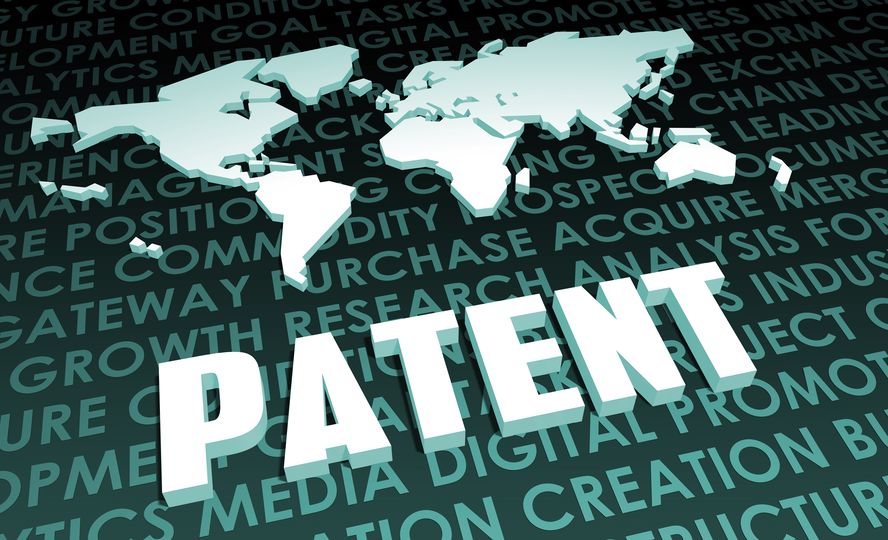Is There an International Patent?
There is no such thing as an international patent. Each patent application has to be filed nationally separately in every country where the patent owner wants to protect his invention. However, the majority of nations today are part of the Patent Cooperation Treaty (PCT) that provides a facilitated filing process for inventors who want to seek protection for their inventions in many countries in the future. It is worth noting that the granting of the patents still remains in control of the national or regional patent offices. This is due to the fact that there is no universal patent law, and each nation has different legal standards for granting patents as well as enforcing them.
How to Protect a Patent Internationally?
The PCT application allows the inventor to begin the filing process in many countries at once by submitting one international patent application instead of many national patent applications. Among the advantages of filing the PCT application is that it has to be filed only in one language and the inventor has to pay just one set of fees. Moreover, it allows a single examiner to speak to the patentability of the product – something that can save the inventor significant costs. It also allows the inventor to delay the decision of which countries he wants to patent his product in for around 18 months. The PCT application has the same effect as a national patent application. It can also be filed electronically. Patenting a product through the PCT application has 2 separate phases to it. Phase I is the PCT application itself along with its “international publication”. Approximately 30 months after the initial filing of the PCT application, the inventor is allowed to move into Phase II of the process, which is working directly with the national patent offices.
Phases of an International Patent Application
Phase I of the PCT application begins with the initial filing of the application. The International Searching Authority (one of the world’s major patent Offices) issues a written opinion on the product to be patented. Then, after approximately 18 months the patent application is internationally published – an event, which discloses its existence to the world. After 30 months from the initial filing date, Phase II takes place. This National Phase involves the inventor working with the national and regional patent offices in the countries where the product is to be patented.
If the inventor chooses to file the patent application in the USA before filing it internationally, then the PCT application must be filed 12 months within the filing date in the United States.
What are the Fees?
The PCT application costs around $4,000. In Phase II of the PCT – the National Phase, fees can range from $2,000 to $7,000 depending on the country the inventor seeks to patent in. Additionally, patent maintenance fees also vary by country.








